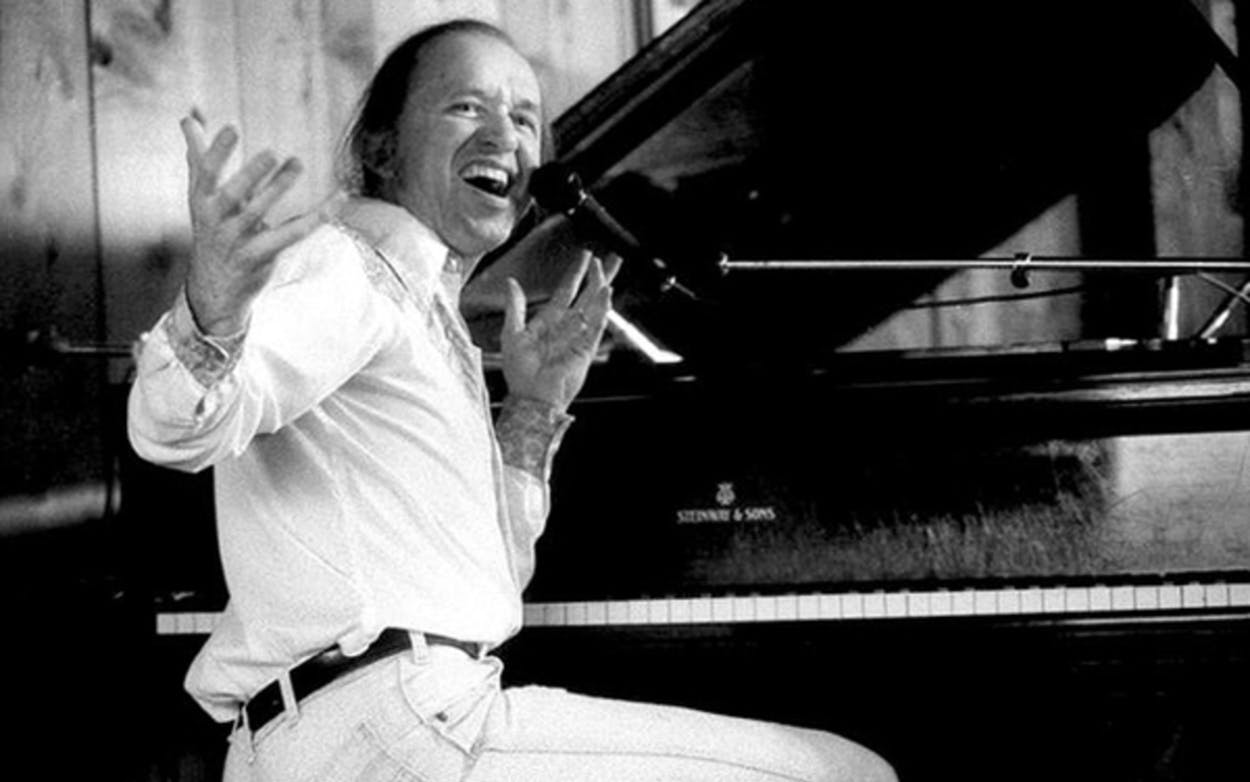On Monday, jazz musician and University of North Texas graduate Bob Dorough died of natural causes at his home in Mount Bethel, Pennsylvania, at the age of 94. Dorough made his mark on the minds of a generation as the musical director on Schoolhouse Rock!, which rocked classrooms from 1973 to 1985 and 1993 to 1999. On Schoolhouse Rock!, Dorough taught children about conjunctions and adverbs through jazz-influenced songs that were catchy and fun without being trite. The songwriter didn’t dumb lyrics down for his young audience, and stuck to a maxim throughout his work: “Keep things happy, funny, and clever,” as Jeff McCord described in Texas Monthly‘s 1998 profile of Dorough.
Dorough was born in Arkansas and grew up in Plainview, Texas. There, he began playing clarinet with the junior high band, and a high school band director got him hooked on music. Dorough went on to study music at Texas Tech University, where he first became interested in jazz. After being drafted in 1943, he spent three years playing in the Special Services Army Band Unit before graduating with a degree in music from what is now the University of North Texas in 1949. Dorough then had a start-and-stop journey to becoming a jazz musician. After some years on the road as the musical director for professional boxer Sugar Ray Robinson and a stint in Paris, Dorough landed in New York, where he released his debut album, Devil May Care, in 1956. That album, particularly the song “Baltimore Oriole,” caught the attention of Miles Davis.
Dorough and Davis briefly worked together on songs, but not for long. McCord writes:
In 1962 Dorough was invited to compose a Christmas song for Davis. They recorded his cynical “Blue Xmas” for Columbia Records’ Jingle Bell Jazz and also his “Nothing Like You.” “It was a Gil Evans arrangement,” Dorough says. “Miles called Gil up to his house, and we worked all night on the chart. The next day we recorded. I didn’t even think it turned out that well. But Miles dropped it on his album Sorcerer in 1966. Because of that, the song became quite famous.” Yet Dorough would never work with Davis again. “I kind of blew it,” he says. “I was getting busy with my family; we moved to Pennsylvania. Every time I called, his number was changed. I really lost track of him, and I’ll always regret that.” (In Davis’ autobiography, he devoted just a single sentence to Dorough, labeling him that “silly singer.”)
As his jazz career waned, Dorough took a day job writing jingles at an advertising agency. In 1971, his boss, David McCall, asked him to write a song about multiplication, explaining to Dorough that his son struggled with remembering his multiplication tables but knew all the words to Jimi Hendrix songs. Dorough landed on the concept of three as a magic number, eventually writing the first song of what would become Schoolhouse Rock!, “Three Is a Magic Number.”
After the popularity of Schoolhouse Rock!, Dorough continued playing jazz, eventually signing with Blue Note Records and releasing three albums with them: Right on My Way Home, Too Much Coffee Man, and Who’s On First. Jazz fans will remember Dorough through his albums, and a larger, multigenerational group will recall his classics—every time they think of the function of a conjunction.








